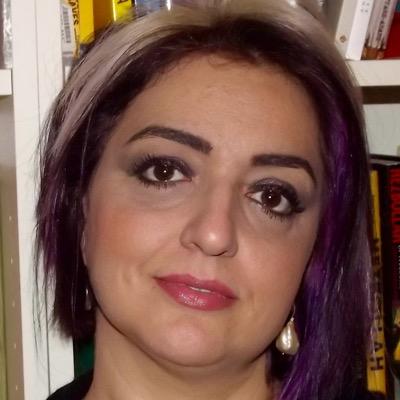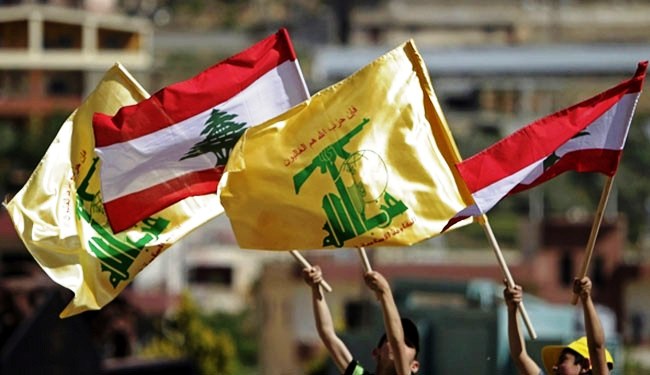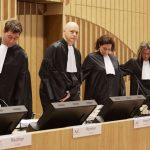Amer Fakhoury is the one who will highlight a crack between Hezbollah’s leadership and its base, what we had not been able to see in all the years of the war in Syria. It took the demonstrations from November 2019 to see the first cracks and now the Fakhoury case. But first a brief description of the Lebanese situation would be appropriate.
Lebanon, a country in great economic difficulties, has one of the highest public debts 160% of its GDP. Unemployment has reached a record high of 40% and the lira has fallen by about 60%, increasing the inflation. The finance minister said it was not possible to pay $ 1.2 billion in Eurobonds scheduled for the end of March. Economic difficulties, prices high as ever before, a corrupt, sectarian and clientelistic system since the times of the civil war have been the push of the protests that began in November 2019. After three months of protests and various attempts the Prime Minister Hassan Diab, chosen by the pro-Iranian Party Hezbollah, managed to form a government. Although the Party of God has 13 seats out of 128 in the parliament, it actually controls more than 70 seats through its allies. The same is true of the government and other state institutions. Hezbollah & CO controls the Ministry of Health, the Ministry of Public Works and Transport, that of Agriculture, Energy and Water. The party of God with its military supremacy has become the main political factor in the country trying to establish an economic-political system that corresponds to its regional function (its men are involved in fighting in Syria, Iraq and Yemen) and is seeking to take control of the Lebanese financial system in the interest of a Resistance economy by privileging relations with Iran and China, in addition to severing all relations with Washington.
In front of a profound economic crisis, and after months of protests which have seen members of the Shiite community participate in the cities governed by Hezbollah, such domination at the head of the country also has its cons. One is the risk of alienating one’s base which it cannot afford after years of participation in the war in Syria, Iraq and Yemen and in front of a profound economic and political crisis in Iran. So faced with the many denials to the necessary reforms required by the international community, Hezbollah had to give in to something. In February, it had to accept authorization for the legalization and cultivation of marijuana for medical and industrial purposes (the United Nations classifies the country as the fourth largest producer of marijuana in the world.) And a week ago, the go ahead with the loan from the International Monetary Fund. Obviously the IMF would need real guarantees on structural, financial and sectoral reforms. And the Fakhoury case came to the bottom.

Amer Fakhoury was a member of the South Lebanon Army (SLA), the Lebanese militia allied with Israel during the Israeli occupation of Lebanon from 1972 to 1990. Fakhoury was accused of having directly tortured prisoners in the southern Lebanon at Khyiam prison managed by SLA, thus earning the nickname of Butcher of Khyiam. In 2001 Fakhoury fled Lebanon via Israel to the United States where he opened a restaurant in New Hampshire. Immediately after the end of the war, many SLA members were convicted of the war crimes they committed, including Fakhoury in absentia. According to a law of 2017, 10 years have passed since the time of the crimes committed, the sentence goes into prescription. So Fakhoury would be acquitted. In 2018 he obtained American citizenship and in September last year he went to Lebanon to visit the family. As soon as he arrived he was arrested. The United States has initiated requests for the release of Fakhoury who is now an American citizen. The Requests had priority in all bilateral official meetings. In the meantime, Fakhoury is diagnosed with stage 4 lymphoma and was hospitalized in Lebanon. The head of the military tribunal, General Hussein al-Abdallah (Shiite belonging to the Nabih Berry party), ordered the release of Fakhoury and immediately resigned. A few days later, another military court asked for a ban on leaving the country for Fakhoury until his appeal was heard. In the meantime Fakhoury has been transferred in unclear circumstances to the US aboard a US Marine V-22. Flight made possible due to an annual license that the United States has in flying over and landing on American soil in Lebanon (the Embassy).

Faced with this release and protests from torture victims Nasrallah, Hezbollah’s secretary general, denied his involvement and said he heard the news on TV. Which obviously nobody believes. And here comes a timely murder. Antoine Hayek, another former SLA member and colleague of Fakhoury, was killed in his grocery store east of Saida. He also participated in torture in Khiyam prison. In 2001 Hayek surrendered to the Lebanese authorities. He was sentenced to 10 years in prison, but for legal reasons he served only 18 months. Nobody has claimed responsibility for his murder, but it certainly looks like a murder that calms the souls after Fakhoury’s flight and shows that the Resistance does not let his guard down.In a Lebanon in need of foreign funds, the latest moves, the Fakhuory and Hayek case are another crack, small but existing, in the ranks of Hezbollah. Demonstration that the Party of god will try to stall in the hope that the new US elections of 2020 will bring a milder interlocutor.
Author
-

Researcher on International Relations Middle East and Balkans
View all posts
CSSII- Centro Interdipartimentale di Studi Strategici, Internazionali e Imprenditoriali,
Università di Firenze, Italy, Albania




